In the wake of the killing of Tyre Nichols by members of the Memphis Police Department’s SCORPION Unit in January 2023, the Department of Justice (DOJ) initiated an investigation of the MPD to determine if officers regularly violated citizens’ rights. After 18 months of reviewing case files and video, interviewing Memphians, riding along with officers, and observing the inner workings of the MPD, the DOJ released its findings on December 4th. The 70-page report concludes, “After an extensive investigation, the Department of Justice has reasonable cause to believe that the MPD and the city engage in a pattern or practice of conduct that deprives people of their rights under the Constitution and federal law.”
“Don’t Kill Me!”
The DOJ investigators highlighted four key findings: 1. MPD uses excessive force. 2. MPD conducts unlawful stops, searches, and arrests. 3. MPD unlawfully discriminates against Black people in its enforcement activities. 4. The city and MPD unlawfully discriminate in their response to people with behavioral health disabilities. To support these findings, investigators cited numerous instances of violence by MPD officers against the citizens of Memphis. “Excessive force is routine in MPD,” DOJ investigators write. “Officers use force as a first resort, demand unquestioning obedience, and exact punishment if they do not receive it.”
Nine police cars and 12 officers responded to a call where a mentally ill man stole a $2 soft drink from a convenience store. After he put his hands up to surrender, he was beaten. He screamed, “Don’t kill me!” and tried to run away. He was subdued and repeatedly tased while face-down on the ground, then served two days in jail for disorderly conduct and theft.
In another case, three officers tackled a man who had littered in a public park. “The man had done nothing wrong, but was ‘talking all this shit,’ according to one officer, and would not tell the officers his name. When the man dropped his drink while leaving the park, four officers surrounded him. … While handcuffed in the patrol car later, the man told a lieutenant that he was trying to follow the officers’ directions, but they had already decided to charge him: ‘I even offered to pick the can up.’”
The DOJ report finds fatal flaws in the MPD’s frontline strategy. “Memphis has relied on traffic stops to address violent crime. The police department has encouraged officers in specialized units, task forces, and patrol to prioritize street enforcement. Officers and community members have described this approach as ‘saturation,’ or flooding neighborhoods with traffic stops. This strategy involves frequent contact with the public and gives wide discretion to officers, which requires close supervision and clear rules to direct officers’ activity. But MPD does not ensure that officers conduct themselves in a lawful manner.”
In two instances cited in the report, officers followed drivers to their destinations and confronted them for traffic violations. One woman was standing on the porch of a relative’s house. After she didn’t produce ID and told the police they were “not welcome on the property,” officers cuffed her, roughed her up, and threatened to pepper spray her. The report states, “After locking her in a police car, one officer asked, ‘So what did we see her do?’ When an officer suggested the woman’s car had improperly tinted windows, another officer responded, ‘All this for a tint?’ The officer shook his head and gestured with his hand that the woman talked too much.”
In another incident, officers forced their way into the home of a woman accused of driving with expired tags and failing to stop at a stop sign. “No exigent circumstances demanded they enter the woman’s home, and the officers had no justification to use force to push their way inside for a nonviolent traffic infraction,” reads the report. After arresting the woman in front of her crying child, “… one officer reflected, ‘In the grand scheme of things, this does not seem like it was worth it.’”
Officers frequently use potentially deadly neck restraints, similar to the one Minneapolis Police Department members applied fatally to George Floyd when he was killed in 2020. In Memphis, an intoxicated man was repeatedly choked into submission until he urinated on himself. “He was not charged with any crime.”
After offering a ride home to a man suffering a mental health crisis, the police uncovered an outstanding warrant for theft. The officer pulled the man from the police car, saying, “You’re fixing to get your ass whupped.” When the man tried to flee, the officer beat him and put him in a neck restraint.
Officers were frequently observed beating, tasing, and pepper spraying people who were already restrained and posed no threat. “One officer hit a handcuffed man in the face and torso with a baton eight times.”
In addition, “Officers repeatedly permitted police dogs to bite or continue to bite people, including children, who were nonresistant and attempting to surrender.”
In one incident, an officer investigating a stolen vehicle report “fired at a car at least eight times at a fast food drive-thru in the middle of the day, jeopardizing other officers and bystanders. … MPD’s investigation improperly found that this use of deadly force was justified.”
In a sidebar titled “Sick of his fucking mouth,” the DOJ investigators write, “MPD officers escalate incidents involving minor offensives by responding to perceived insults, disrespect, or ‘verbal resistance’ with unconstitutional force. … Some MPD officers seem to believe that questioning their authority justifies force — as one supervisor told us, ‘If someone says, “I ain’t under arrest,” that’s resisting arrest right there.’”
Children were not spared the MPD’s methods. When one 16-year-old girl called police to report that she had been assaulted, she ended up in handcuffs. “After three hours, officers removed the handcuffs to reposition them. As she complained that her hands were hurt and swollen and tried to move her wrists, the officers grabbed her and pushed her face down onto the ground to handcuff her again. The girl was then arrested and charged with disorderly conduct.”
When officers were dispersing a crowd after a fight at a high school football game, one officer singled out a “relatively small-statured teen girl trying to leave the premises, yelling ‘Bye! Bye!’ at her. The officer’s taunts provoked the girl, who talked back. In response, the officer shoved the girl, yelling, ‘Get out this motherfuckin’ lot.’ The girl pushed back, and two other officers approached the girl from behind and threw her on the ground. The officers then lifted the girl in the air and slammed her face down into the pavement. The officer who started the altercation told her to ‘Get your dumb ass up,’ and called her a ‘stupid bitch’ as the girl was led away in handcuffs.”
When officers chased two Black boys, aged 15 and 16, who were suspected of a curfew violation, one officer, who had dropped his mobile phone in the chase, said, “I am fucking these little kids up, man. … I am fucking you all up. I just wanted to let y’all know that.”
In another incident, “One officer shot a teenager, and then another officer hit the teenager three times in the head with the butt of his handgun and at least 12 times with a closed fist. The teen was disarmed, seriously injured, and posed no threat at the time. Prosecutors later sent a letter to MPD stating that they ‘seriously considered recommending criminal charges’ against the officer because of the ‘more than one dozen closed fist punches to the face’ that the officer delivered. The prosecutors wrote, ‘We trust that you will handle this as an internal matter and leave it to your sound discretion.’ We saw no evidence that any further investigation took place or that any discipline was imposed. The officer remains employed at MPD.”
The report concludes, “Supervisors do not address these recurrent practices, and some at MPD defend these practices. As one field training officer told us, ‘We’re not excessive enough with these criminals. We baby them.’”
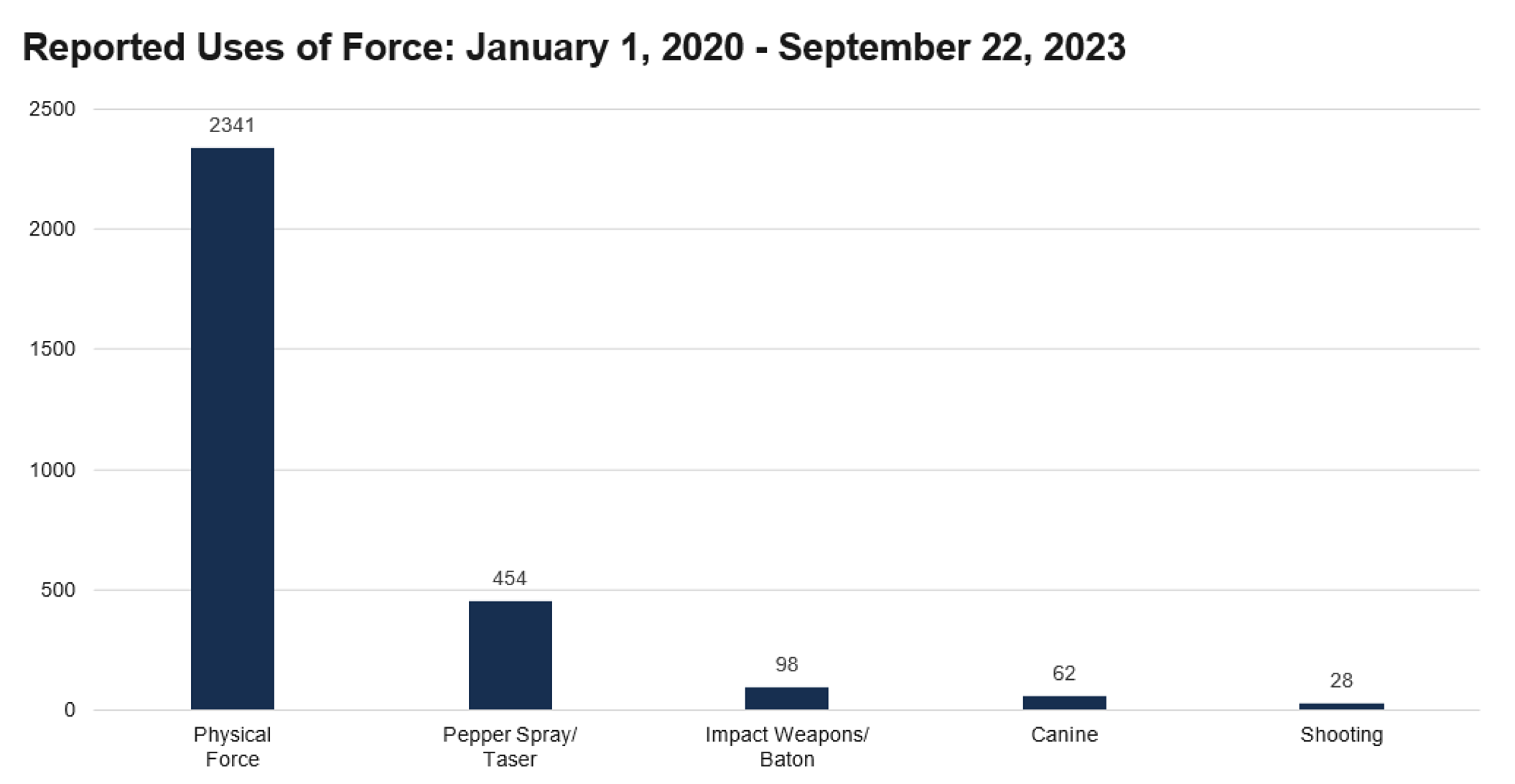
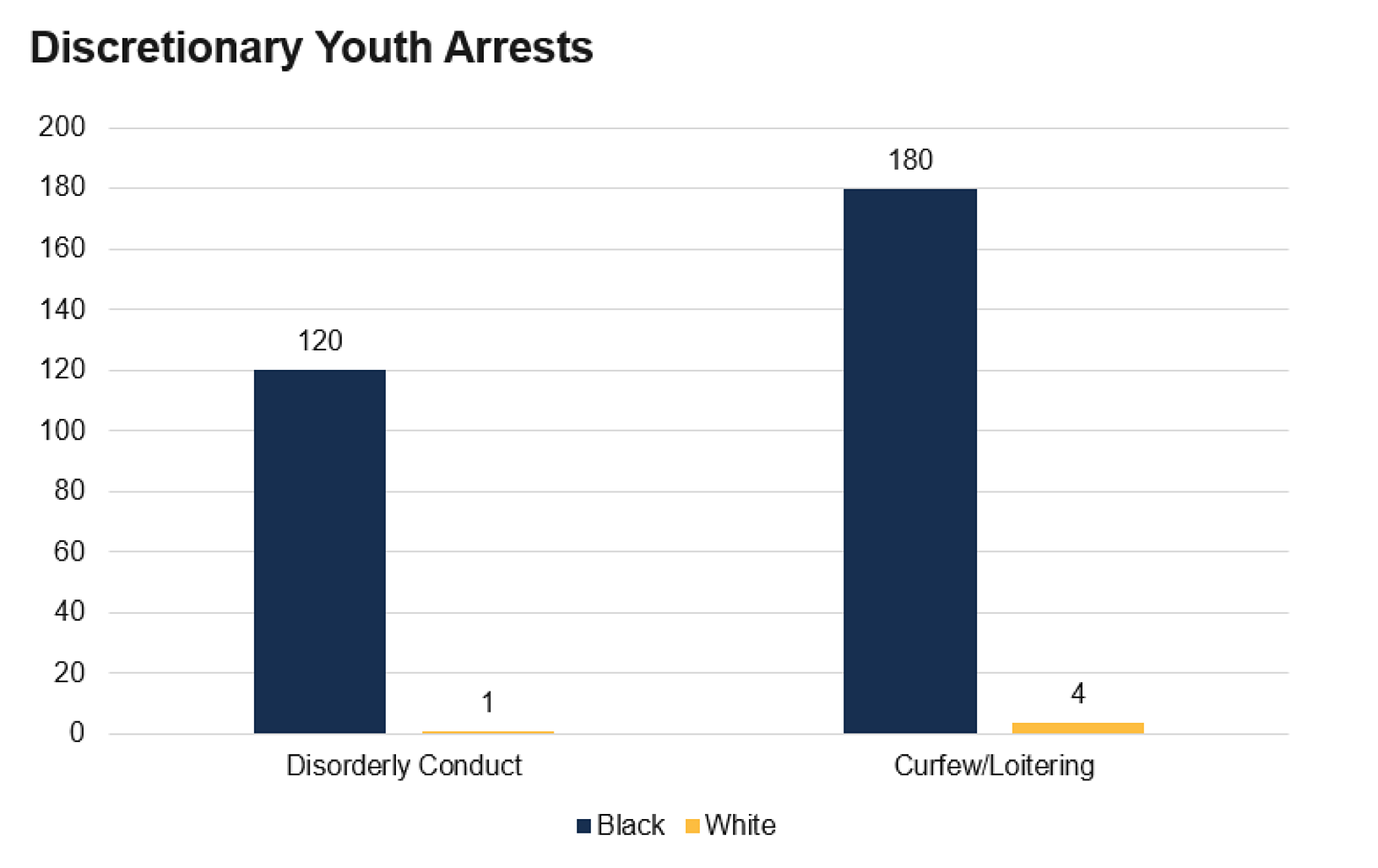
Black People Bear the Brunt
On page 37 of the report, DOJ investigators write, “MPD’s own data show that across a range of different law enforcement actions, MPD treats Black people more harshly than white people when they engage in similar conduct.”
While 64 percent of Memphians are Black, 81 percent of the MPD’s traffic violations are issued to Black people. Officers issued 33.2 percent more moving violations in predominately Black neighborhoods than they did in predominately white neighborhoods. Black drivers were cited for equipment violations at 4.5 times the rate of white drivers; for improperly tinted windows, the rate was 9.8 times. Public health data indicates that both Black and white people use cannabis at the same rate, but MPD arrested Black people for marijuana possession at more than five times the rate of white people.
The report found that the MPD stopped and cited one Black man 30 times in three years. In another case, “MPD stopped a Black man outside a dollar store ‘due to multiple robberies of dollar stores in the area,’ according to the police report. The officers had no reason to suspect that this particular man took part in the robberies, and the man told them he was just waiting for a friend. When he didn’t leave or produce ID, police handcuffed him, beat him with a baton, and pepper sprayed him. The officers had no reason to believe that the man engaged in criminal activity and lacked reasonable suspicion to stop him. But they arrested him anyway, and he spent a night in jail. Prosecutors declined to pursue any charges stemming from the incident. After the incident, the man noted, ‘They had no reason to do this. And they’re out here doing this to people every day.’”
Mental Health Crisis
In 1988, after the MPD killed a mentally ill man who was cutting himself, the city founded the Crisis Intervention Team (CIT). Composed of officers who have specialized training in dealing with behavioral health issues, the CIT became a model other city’s police departments emulated. But the DOJ found “serious problems with the CIT program,” and that “officers often escalate behavioral encounters and use combative tactics almost immediately after arriving to behavioral health calls. … We observed CIT officers in Memphis belittle and mock people with behavioral health disabilities. In one incident, a CIT officer hit a man in the head and threatened him with a Taser while officers called him a ‘motherfucker,’ ‘bitch,’ and a ‘dumbass.’” One CIT officer earned the nickname “Taser Face.”
One 8-year-old Black boy with four behavioral health diagnoses encountered the MPD nine times between December 2021 and August 2023. He was threatened with tasing, handcuffed, and repeatedly thrown onto a couch. In one incident, when the boy stuck out his tongue, the CIT officer responded by bending his arm back and screaming, “I can break your arm with the snap of my wrist.”
The report says that while 75 percent of 911 calls involving people with mental illness are nonviolent, “MPD’s training on behavioral health primes officers to approach people with behavioral health disabilities with force and aggression, and our review revealed they often do. For instance, a training given to all new officers erroneously teaches that people with bipolar disorder do not feel pain.”
The City Responds
At a press conference on December 5, 2024, Mayor Paul Young responded to the DOJ’s findings — while repeatedly emphasizing that he had not read the report. “I believe that even one incident of mistreatment by the police is one too many. … The report the DOJ released last night is going to be difficult to read. Some of the incidents the DOJ report described are simply not acceptable, and our hearts go out to every person who has been impacted by those actions.”
In cities such as Seattle, New Orleans, and Chicago which have previously been the subject of DOJ investigations, city governments entered into consent decrees, negotiated with the DOJ, that outline the steps police departments must take to improve. At the press conference, Young ruled out signing such a decree. “We believe adjustments we’ve already begun making must continue, and that they must expand. It’s my job as mayor to fight for the best interests of our entire community. Every member. After carefully considering the information we received from DOJ, we didn’t believe that entering into any agreement in principle or consent decree right now, before even thoroughly reading the DOJ report, would be in the best interest of our community. It’s crucial that the city has the time to do a thorough review and respond to the findings before agreeing to anything that could become a long-term financial burden to our residents, and could, in fact, actually slow down our ongoing efforts to continuously improve our police department.”
Young cited recent statistics which show a 13 percent drop in crime overall, and a 19 percent drop in violent crimes. Police Chief C.J. Davis echoed the mayor’s position that the department is on the right track. “In some of the areas that have been outlined in the report, we have made significant changes aligned with the Department of Justice, getting their support with some of the training that has been ongoing, not just this year, but in previous years.”
In response to the sections of the report regarding the MPD’s treatment of children, Davis said, “We spend a lot of time with our children in our community. We graduated over a thousand children from our D.A.R.E./G.R.E.A.T. program, and work consistently to try to improve those relationships. We’re going to look through the report to ensure that we’re not missing anything.”
Shelby County District Attorney Steve Mulroy has studied the full report. “I think it’s very concerning and shouldn’t be dismissed. I still think the vast majority of folks on the force are people of good faith. They have a hard job, having to make quick decisions in stressful, sometimes dangerous situations. But that doesn’t mean there can’t be systemic issues of culture, training, and supervision that cry out for reform.”
When Shahidah Jones of the Official Black Lives Matter Memphis Chapter read the report, she recalls thinking, “Not to be cynical, but it was just like, ‘Duh.’ We didn’t choose to target police because we didn’t have anything else to do or we were looking at these one-off instances. A very large part of organizing is for us to learn history and do our political study. … This is not something new. This is the way police have been taught to operate.”
Josh Spickler, executive director of criminal justice-reform nonprofit Just City, agrees. “I’m not particularly surprised by the report. I recognize some of these stories, some of the examples from media reports. Many of these things are well-documented and well-known incidents. And the findings are bad and awful, and as even Mayor Young said, hard to read, but they are not surprising.”
For Amber Sherman, who lobbied the city council for reform in the wake of the Tyre Nichols killing, the report felt like vindication. “My immediate action really was that it just corroborated everything that, you know, we as organizers here in Memphis have been saying for so long, especially with Decarcerate Memphis, where we’ve been really pressing the issue about pretextual stops and how dangerous they are.”
Decarcerate Memphis’ Alex Hensley, who drafted the reform ordinances which were passed by the city council in reduced forms after the Tyre Nichols killing, says she, too, feels vindicated by the report. “Activists and organizers have been saying all of these things for years on end, and then to have the DOJ — which is a policing entity, by the way — to say that, yeah, we need to not prioritize these low-level violations.”
DA Mulroy says, “We need to rethink about using specialized units for routine enforcement. And distinguish between traffic stops that actually affect safety or real crime, like moving violations and drive-out tag fraud violations, which make sense. But some of these minor equipment violations, the data shows the hit rate on those is very low — you’re talking like 2 to 3 percent of the time do you find weapons or drugs or somebody that’s wanted on a serious charge. But the data also show those are precisely the types of offenses that are associated with racial profiling. You really have to think about what kind of a bang you’re getting for your buck. You’re potentially alienating the community that you most want to cooperate with law enforcement because they’re the ones who see the crime.”
City council member Dr. Jeff Warren said he had not yet read the report. “If you remember, around the time that Black Lives Matter occurred after the George Floyd killing, the council began a process where we were involved with the police department, trying to initiate reforms. Some of the reforms that we actually initiated were negated by the state legislature. … I think we’ve been in the process of reform since this current police chief came on board; we’re doing that right now. That’s one of the reasons I don’t really think that the city needs to be entering into a consent decree that will cost taxpayers multiple millions of dollars, when it’s something we’re already trying to do.”
When asked about the DOJ’s finding that MPD recruits are taught that people with bipolar disorder cannot feel pain, Warren, a family physician, responded, “I don’t know where they got that from. Just because it’s written in a report doesn’t mean that’s the truth.”
The treatment of what the MPD calls “mental consumers” is one issue where there may be consensus on reform. The DOJ report cites multiple high-ranking MPD officers, as well as Memphis Fire Department officials and 911 call-takers, who believe that a new department specializing in mental health situations is needed to shift the burden from the MPD.
“We should listen to them on that,” says Hensley. “If this city is so pro-police, listen to them on this subject. Clearly, there are a lot of mental health calls and a lot of mental health issues within our community that I think tie back to these issues of poverty, lack of housing, lack of investments in basic necessities. We have to come up with something different.”
Spickler says, “There’s data that shows that most interactions with people in mental health crises are not violent. There are ways of responding that wouldn’t lead you to have to tell people falsely that people with bipolar don’t feel pain. One of the great suggestions of this report is that we don’t have to send an armed person to some of the things that we send them to, like a stranded motorist, traffic accidents, and mental health calls. These are all things that can be handled with someone who has safety and resolution as their mission and not what we have in this police department — and most police departments, frankly — and that is a warrior mentality. There’s an arrogance to it, and there’s an offensiveness to it.
“There’s nothing about policing that should be offensive. It’s ‘to protect and serve,’ right? Many police departments across America have tried to shift to a guardian model, which is how policing, I think, is most effective. But throughout that report, you see very clear evidence that that is not the case at the Memphis Police Department. There is no guardian mentality. It’s not taught; it’s not modeled. It’s really not expected. What is expected is that you get what you want by whatever means necessary.”
Will Anything Change?
The election of Donald Trump, who has promised a “brutal approach” to law enforcement, has brought the next steps into question. Whether a future DOJ would sue to impose a settlement with the city is an open question.
“I’m not gonna speculate about their motivations, but I think it’s obvious to anybody that there’s a very good chance that a lot of this will be dropped or, at a minimum, they’ll be less aggressive about enforcing it with the new administration,” says DA Mulroy. “We’ve seen that before with the prior Trump administration. That could be anyone’s calculus in dealing with the aftermath of November 5th.”
At his press conference, Mayor Young said, “We would have the same position regardless of the outcome of the presidential election.”
A consent decree with the DOJ would result in federal monitors being assigned to the MPD in order to ensure that they do not violate citizens’ constitutional rights. In his regular Friday email on December 6th, Young wrote, “Instead of a broad and potentially prolonged federal oversight via a consent decree — which could impose millions in costs on our residents — we believe by taking a holistic, community-focused approach we can move further and faster toward the change we need with less cost to our community.”
These costs must be weighed against the costs of not acting, says Hensley. “I think they’re going to pay for it one way or another. First of all, they’re bloating the costs. We’ve looked at other cities, some of them have been high, but it’s spread out over time. There are just all these other elements that are being left out to make it seem like we’re going to go bankrupt next year. That’s disingenuous. Tyre Nichols’ family is suing them for $500 million — and that’s just one person. I’m not their chief financial officer, but you can look at that clearly and see the costs are going to be far worse if they don’t sign the consent decree, or if they don’t do these reforms.”
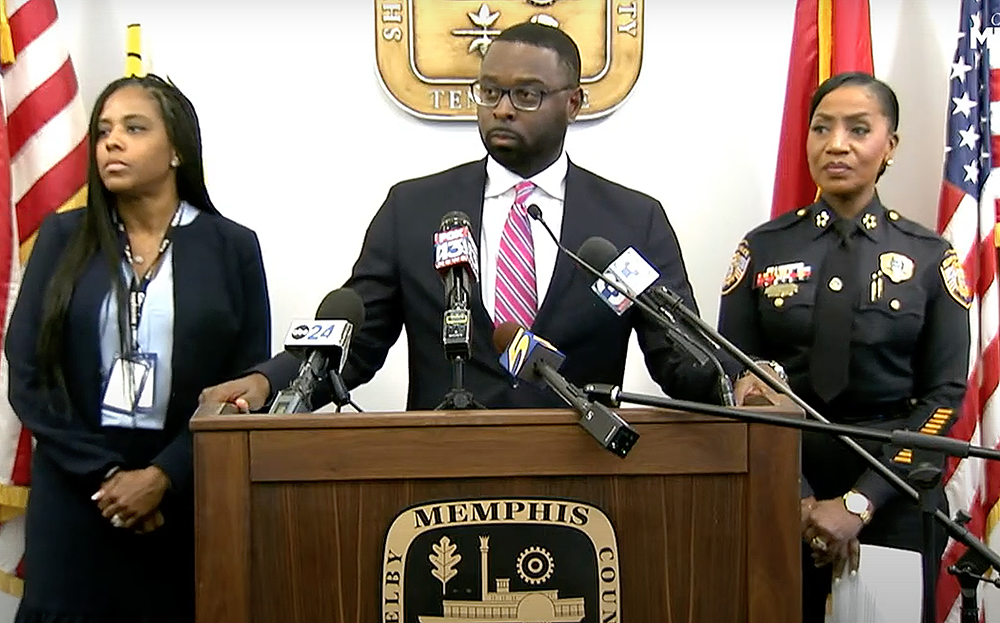
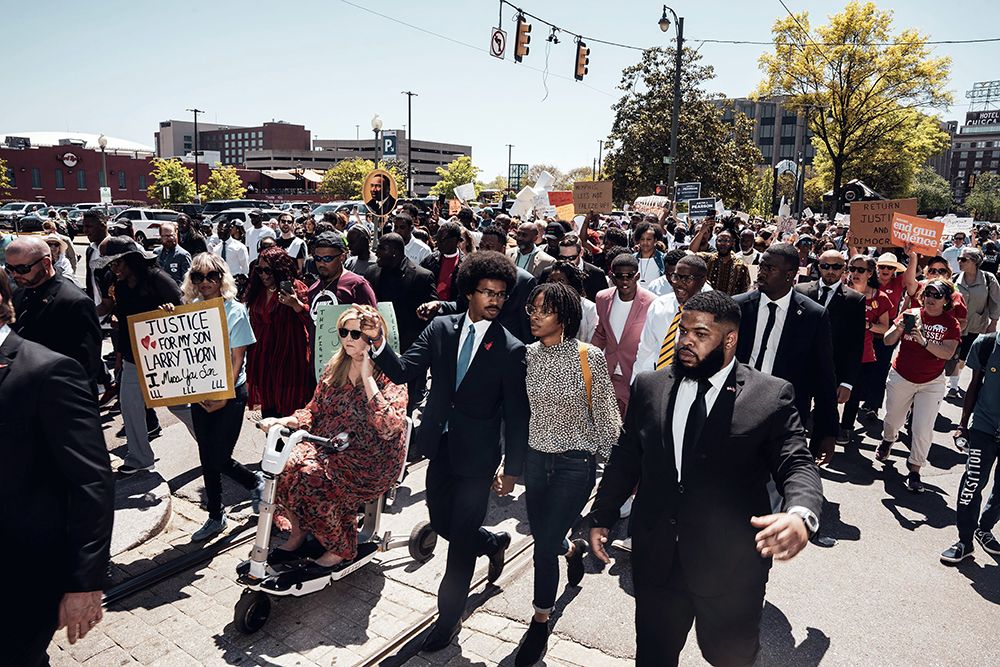
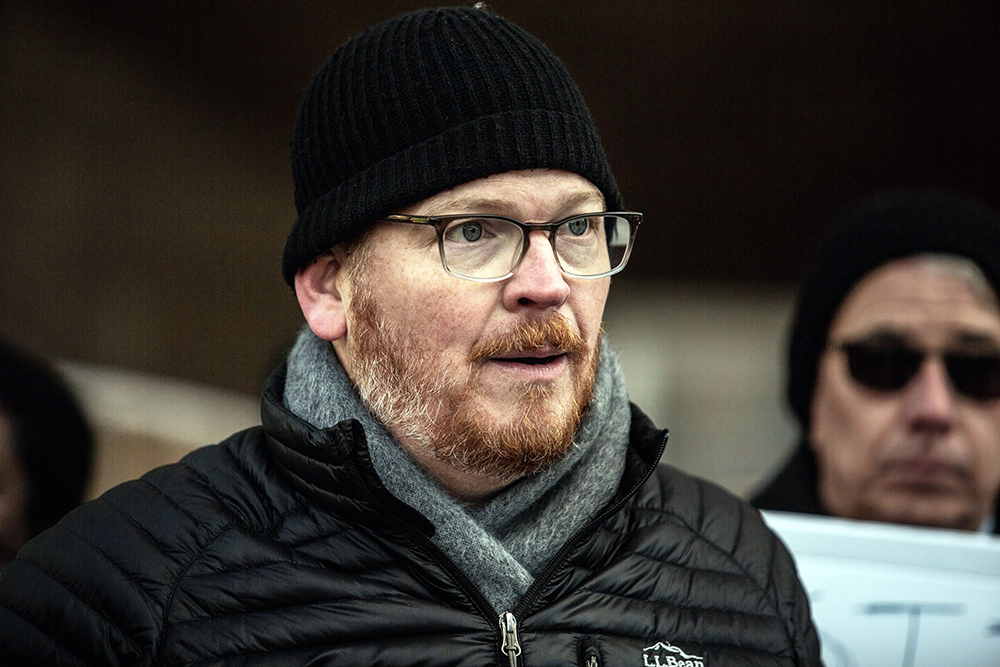
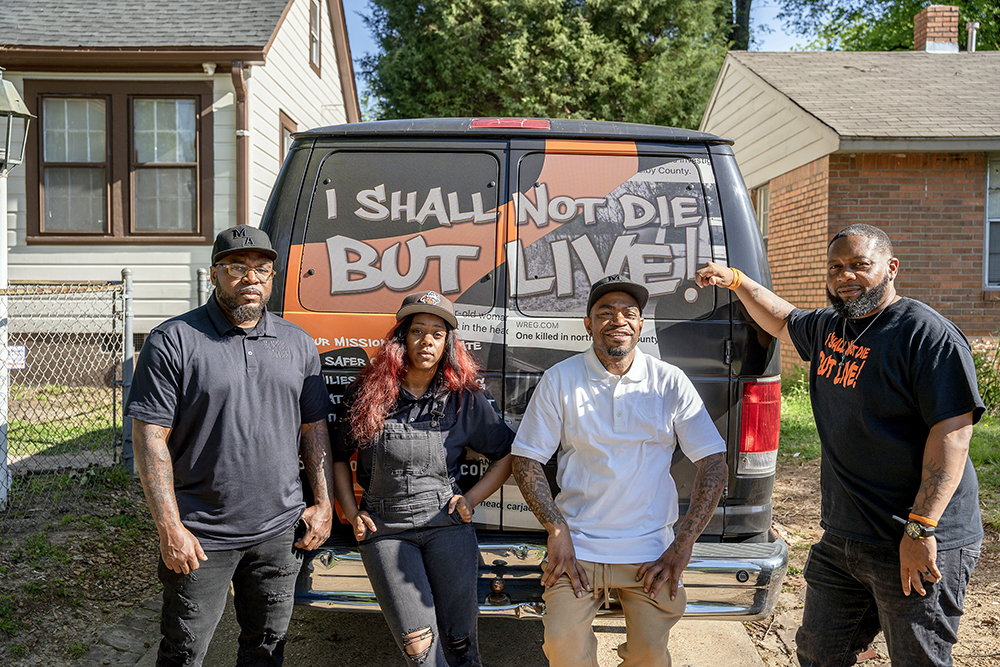
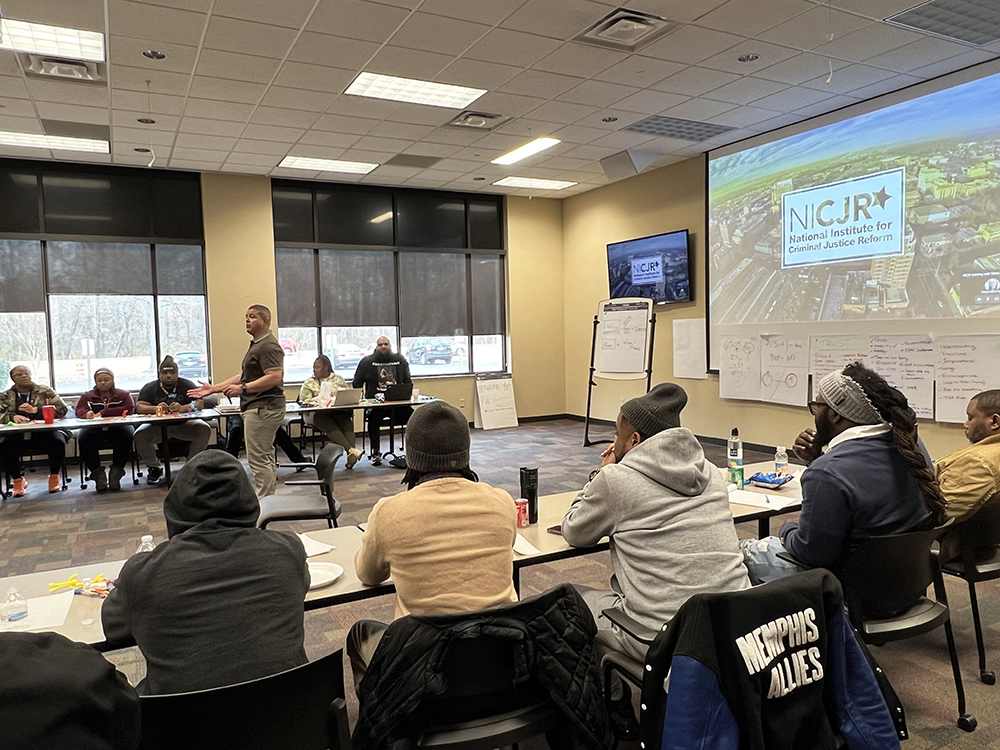
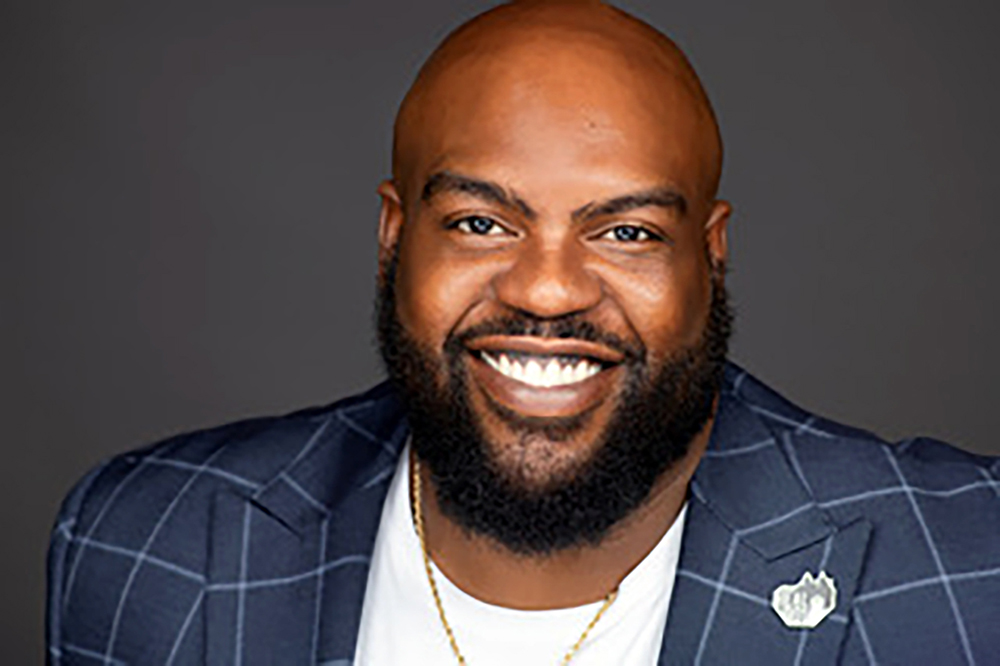
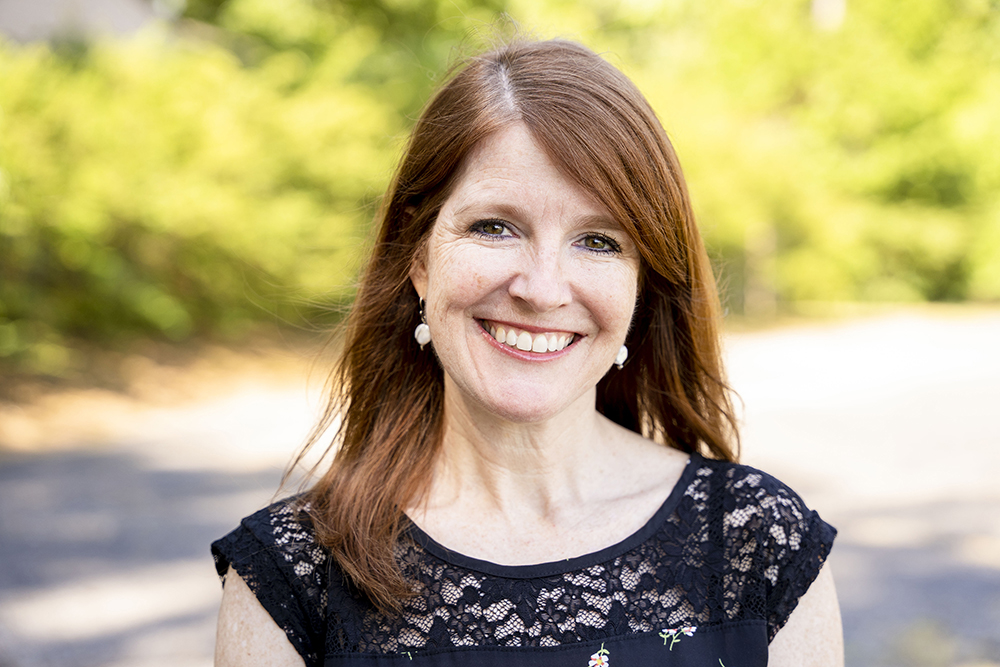

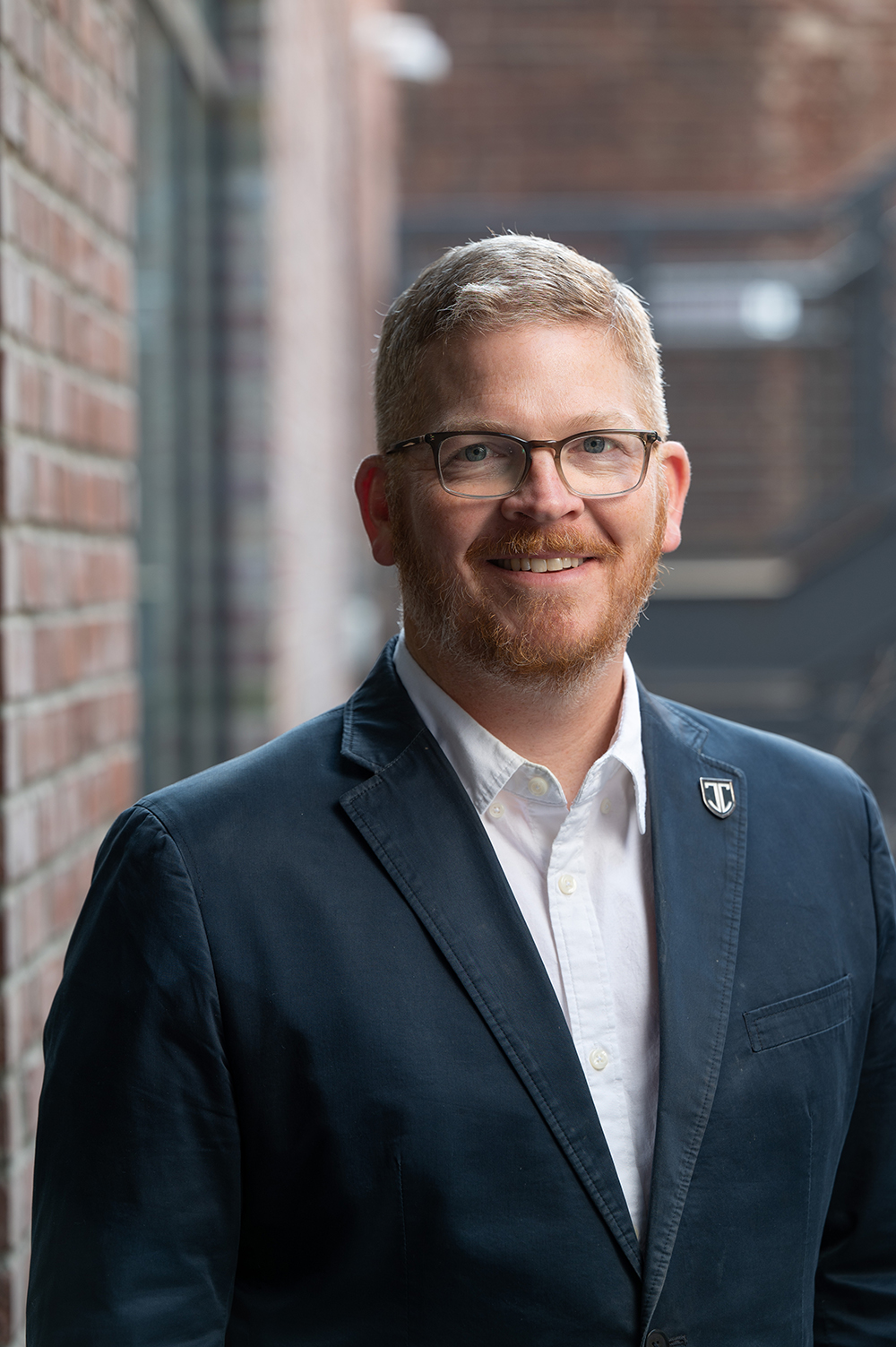


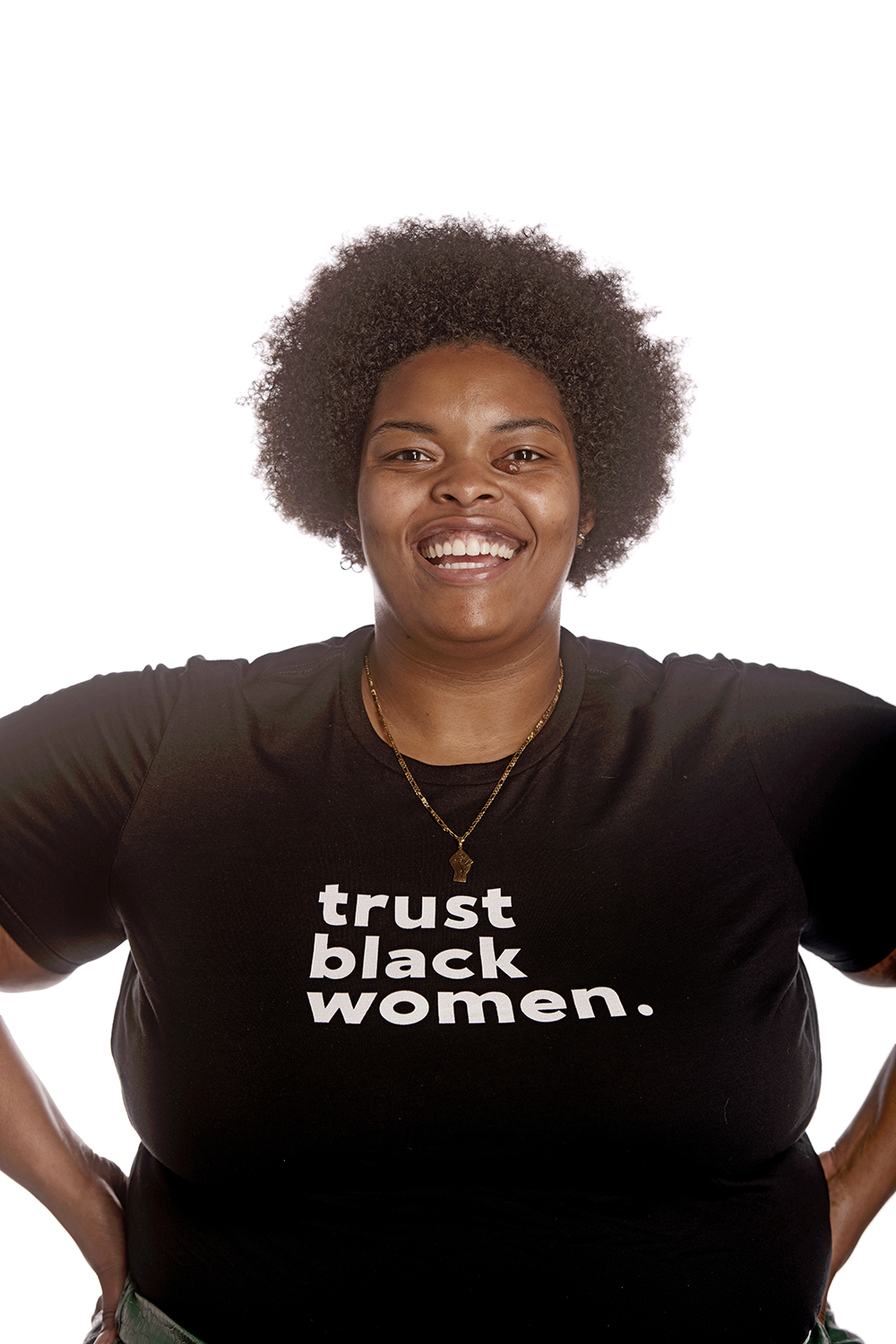
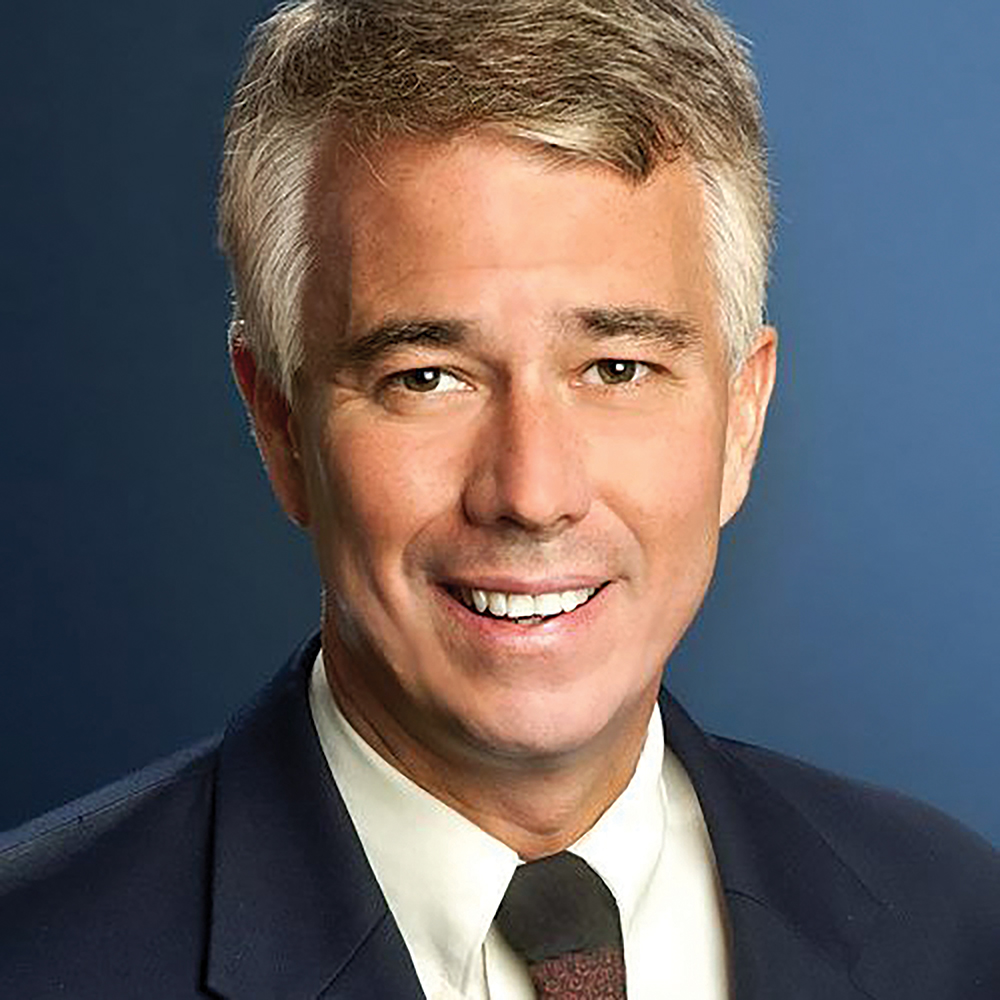
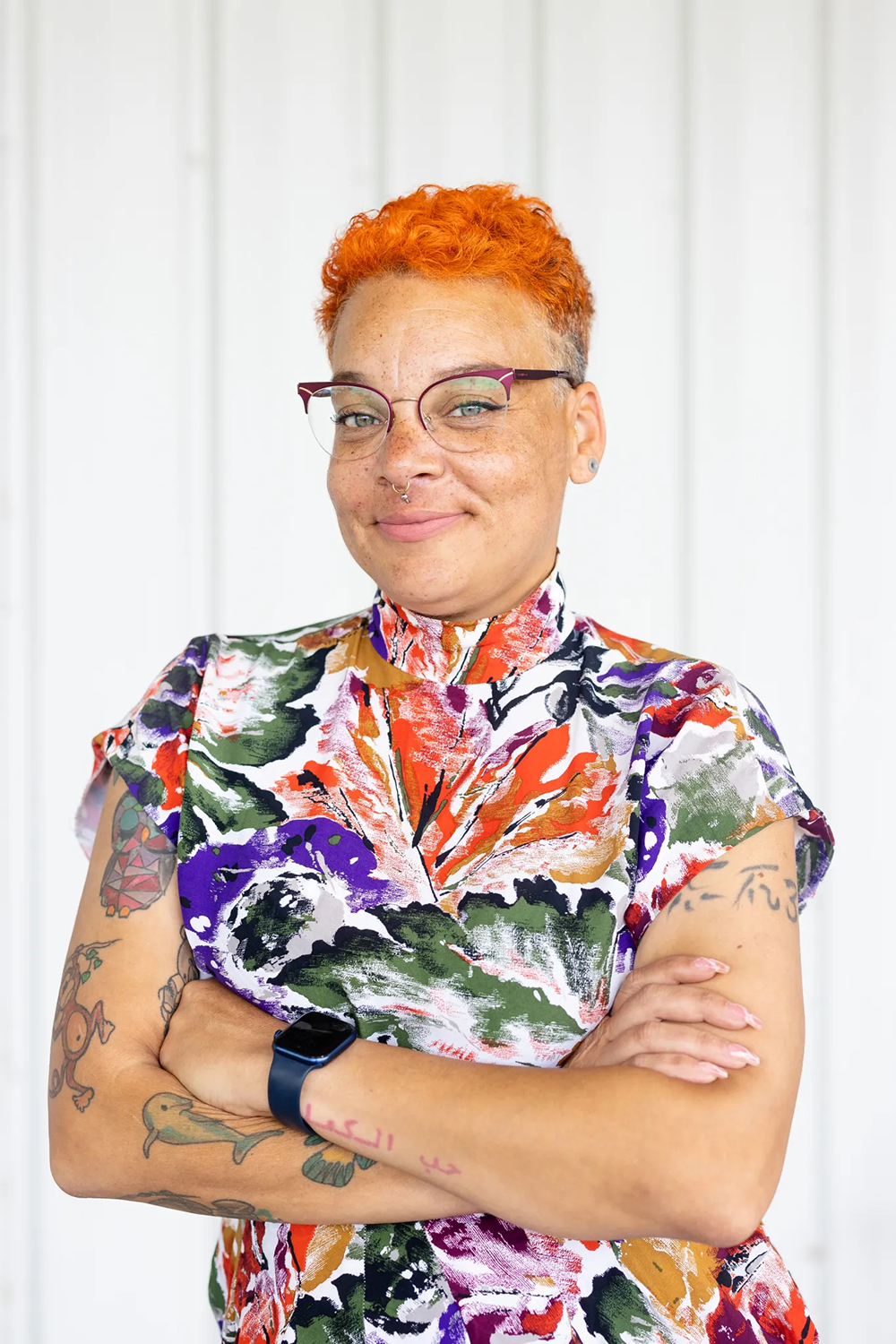
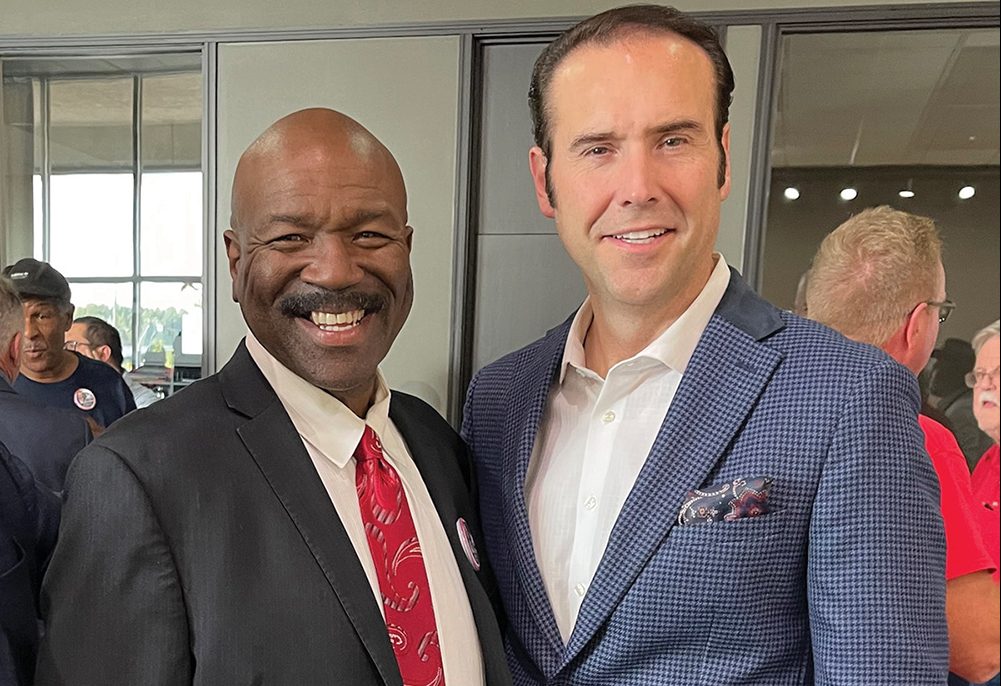
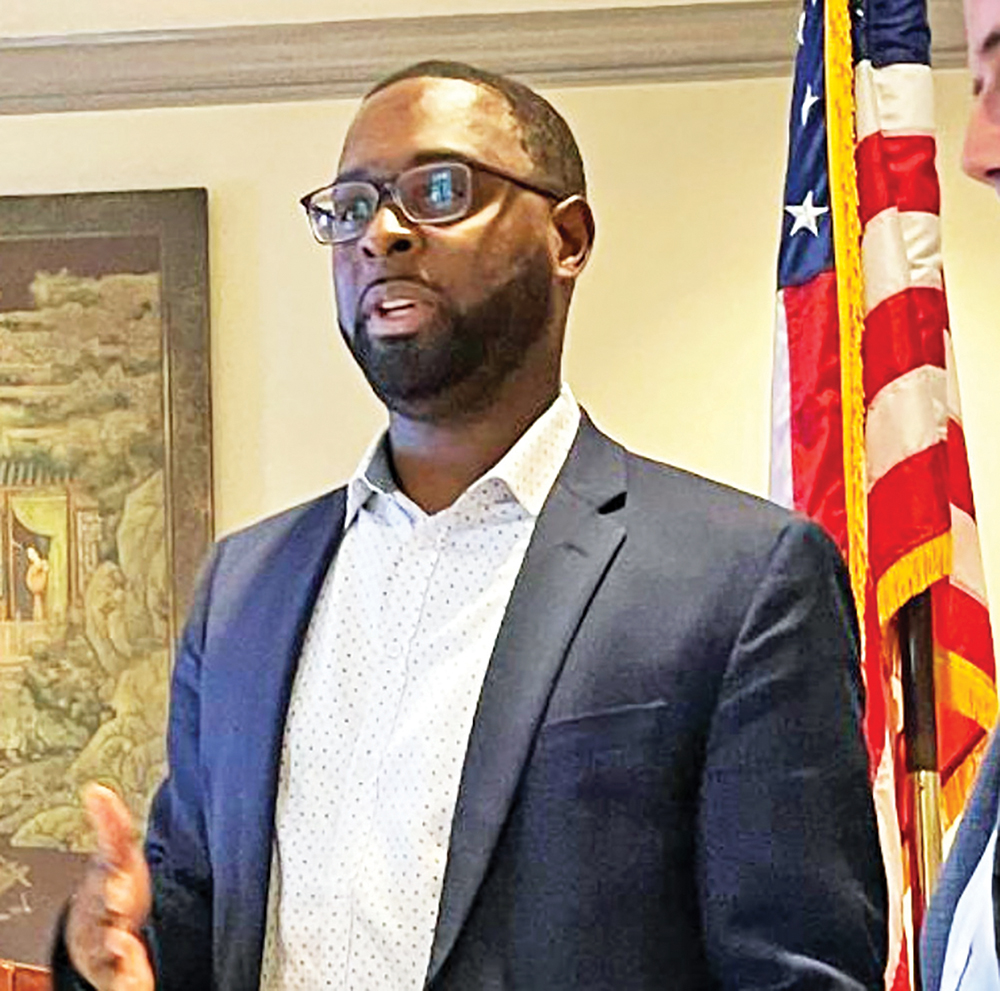
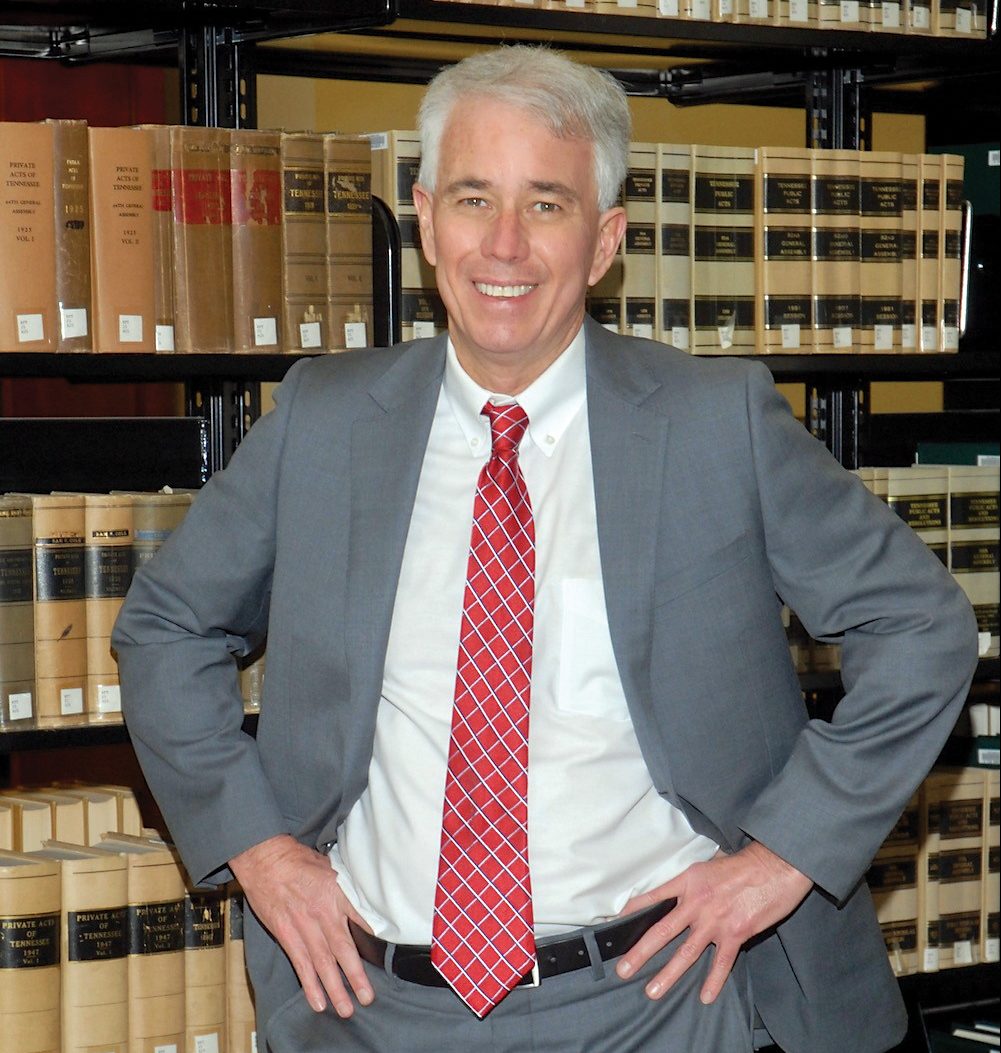
 Chip Chockley
Chip Chockley  Sycamore Institute TN
Sycamore Institute TN 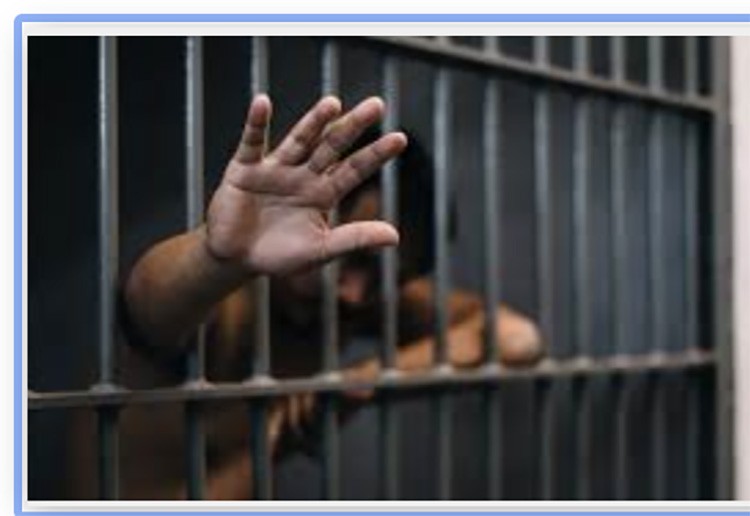
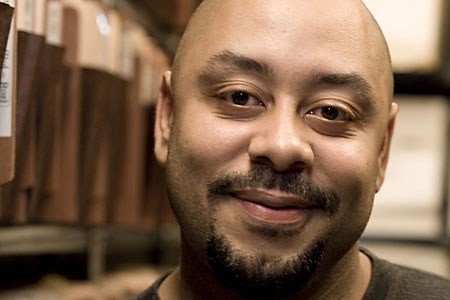

 Justin Fox Burks
Justin Fox Burks  Chip Chockley
Chip Chockley  Justin Fox Burks
Justin Fox Burks